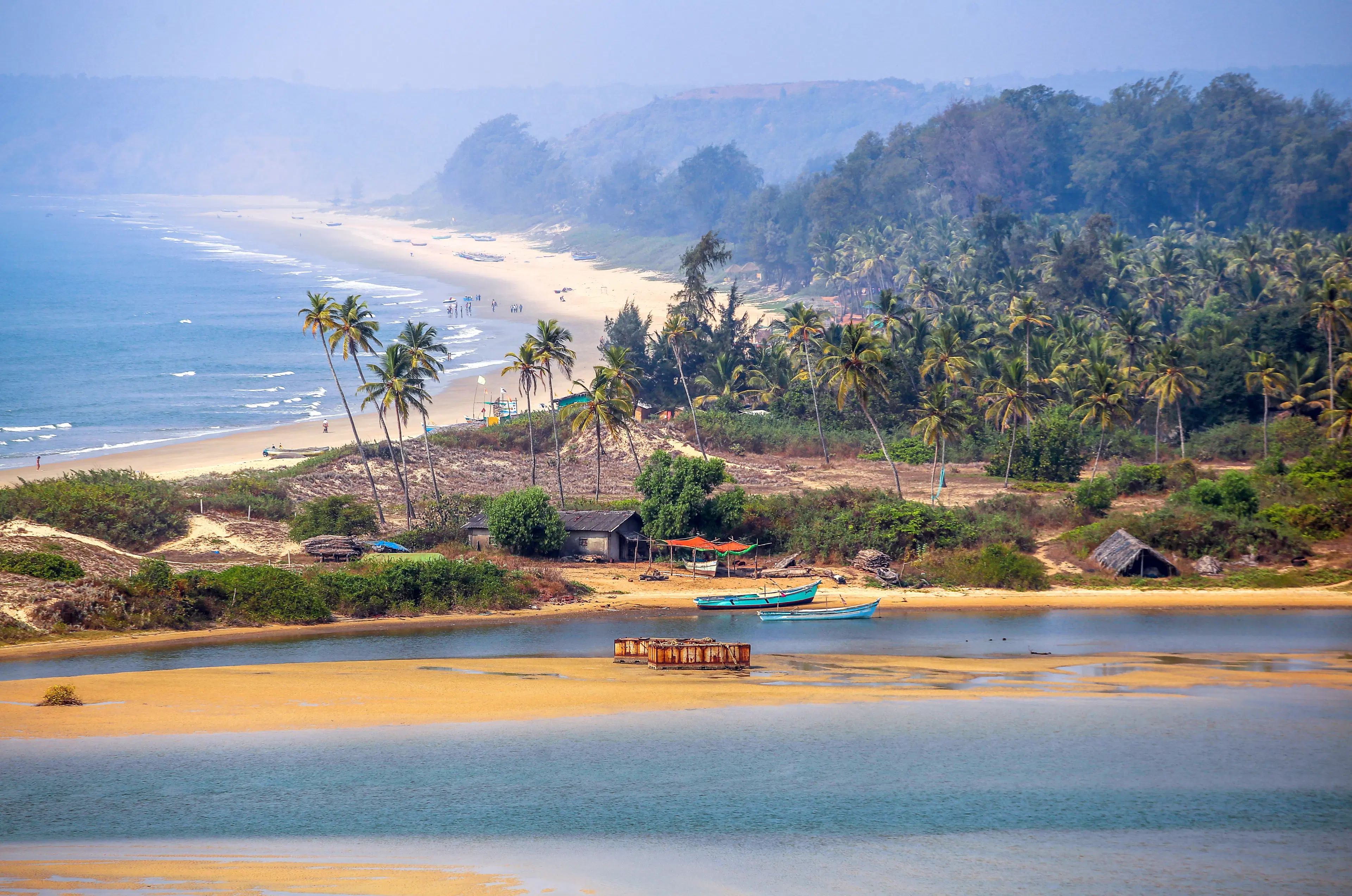
Hotels
•04 min read

Imagine standing on a sun-kissed shoreline where the vibrant rhythm of the ocean meets the daily lives of generations. Along these coasts lie fishing villages in India that proudly showcase a rich tapestry of tradition, culture, and sustainability. This blog explores how these villages are the living heritage of the Indian coastal lifestyle, where the ancient art of fishing merges with modern sustainability practices to shape the nation's marine economy and fuel local tourism.
Fishing villages in India have deep historical roots that tell a story spanning centuries. Early settlers chose coastal shores not only for trade but also to build a life deeply intertwined with the sea. These settlements grew organically, fueled by the abundance of marine resources and their strategic locations. Over time, communities refined traditional fishing practices, passing techniques down through generations, which have become the hallmark of the fishing culture in India. The evolution of these communities preserves a rich cultural heritage that continues to influence their ceremonies, music, and art.
At the heart of these communities lies a daily routine that is as rhythmic as the tides. Local fishermen embark on early morning outings using time-honored techniques, while families maintain traditions around vibrant festivals and community gatherings. The customs and rituals, often marked by songs and folklore, reflect their profound connection to the sea. These communities not only fuel the marine economy but also contribute to a lifestyle that values heritage, resilience, and symbiosis with nature.
From the backwaters of Kerala to the pristine shores of Goa and the culturally rich towns of Tamil Nadu, India's coastal villages captivate visitors with their distinct charm. These beachside villages in India are celebrated for their serene environment, picturesque landscapes, and the relaxed pace of life. A stroll along these winding lanes often reveals colorful houses, bustling local markets, and the occasional drummer playing traditional tunes. Visitors can immerse themselves in the beauty of scenic sunsets and experience a lifestyle that feels both tranquil and invigorating.
The charm of these villages is accentuated by the lively seafood markets that serve as culinary hubs. Local vendors display an array of freshly caught fish, prawns, crabs, and other marine delights, offering an immersive culinary adventure that connects the diner with the origins of their meal. The seafood markets in India are more than just places to shop; they are social spaces where locals exchange recipes, stories, and dining tips. This vibrant market culture is integral to the Indian coastal lifestyle, reflecting the resourcefulness and passion that underscores the fishing culture in India.

Fishing villages in India are vital cogs in the country's marine economy. These communities support local livelihoods by engaging in various fishing activities, from small-scale artisanal practices to aquaculture efforts. The direct exports of seafood and related products also add significant value to the local and national economy. By fostering traditional fishing communities that blend age-old techniques with modern business practices, these villages ensure that the marine economy in India remains dynamic and robust.
In recent years, the call for sustainable fishing practices in India has grown louder. Fishing communities are increasingly aware of the need to protect marine biodiversity and have begun embracing eco-friendly methods. From regulated fishing quotas to initiatives that promote the use of traditional tools over mechanized methods, these communities strive to balance the demand for seafood while preserving the ocean's health. However, challenges such as overfishing, industrial pollution, and climate change continue to test the resilience of these villages, prompting both local and national efforts to safeguard their future.
The allure of fishing villages in India extends far beyond local boundaries. Today, these coastal havens are emerging as hotbeds for eco-tourism and cultural tourism. Travelers are drawn to the authentic experiences offered by these communities, such as guided fishing tours, leisurely boat rides, and delectable seafood tasting sessions. Whether you are a wanderer seeking spontaneous adventures or a planner preferring well-organized itineraries, these destinations cater to a wide range of travel styles, blending tradition with modernity and promising memories that linger long after the journey ends.
As tourism flourishes, preserving the traditional lifestyle of fishing villages in India has become imperative. Local communities balance the influx of visitors with measures to protect their cultural heritage and natural resources. Through community-led initiatives, residents ensure that tourism development does not override their time-honored practices. The blend of modern tourism with the preservation of an ancient way of life is a testament to the resilience and commitment of these communities to sustainable growth.
"Did you know? Despite facing challenges like climate change and industrialization, India’s fishing communities have shown remarkable resilience by embracing sustainable practices and advocating for coastal conservation."

Despite their rich heritage and robust contributions to the marine economy, fishing villages in India face several pressing challenges. Coastal erosion, pollution from industrial activities, and the threat posed by large-scale fishing operations have put significant strain on these small communities. Government policies and community initiatives are slowly making headway in addressing these issues, but the road ahead demands further dedicated efforts to ensure that these age-old traditions do not fade into oblivion.
Looking ahead, the future of fishing villages in India shines with promise as communities explore ways to integrate modern technology with traditional practices. By harnessing innovations such as real-time fishing data and eco-friendly equipment, these villages have the potential to become models of sustainable living and eco-tourism. The blend of youthful energy and time-tested wisdom may well inspire a new era where the coastal lifestyle not only survives but thrives as a bastion of culture and economic stability.
A fishing village is a small community located near a water body, such as the sea, river, or lake, where fishing is the primary occupation of the residents.
Kerala, Tamil Nadu, and Goa are considered among the best for fishing in India due to their rich marine biodiversity and vibrant fishing communities.
Yes, fishing is the staple activity in these villages, with residents employing both traditional and modern methods to catch fish and other seafood.
Fishing villages in India are more than just picturesque coastal settlements; they are dynamic communities rich in tradition, resilience, and sustainability. Their unique blend of history, culture, and eco-friendly practices provides deep insights into the Indian coastal lifestyle and marine economy. By understanding and preserving the charm of these vibrant villages, we can ensure that their legacy continues to inspire future generations and remain a cornerstone of India's cultural and economic heritage.